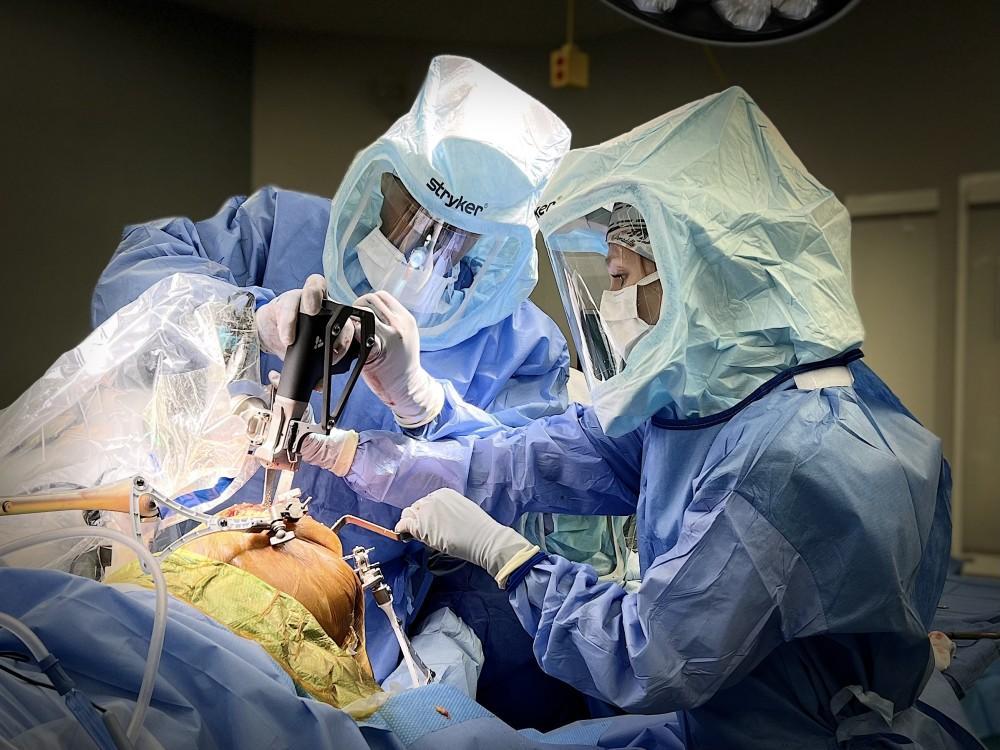
Full vs. Partial Knee Replacement: What’s what?

Partial Knee Replacement
In the past, patients over 60 years old with mint condition ligaments, minimal knee deformity and excellent mobility were the main recipient of partial knee replacements. These days, younger patients with ailments in specific parts of their knee are also good candidates for the surgery.
Partial replacements equal less surgery with patients reporting quicker recovery times and higher rates of satisfaction. Common post-op complications such as blood loss, transfusion and blood clots tend to occur less with partial replacement surgeries as well.
With partial knee replacement, the remainder of your knee still remains, however, this leaves you susceptible to common knee problems in the other parts of your knee, such as meniscal tears and progression of arthritis within the rest of the knee. If a partial knee replacement fails, a full knee replacement can still take place with an excellent degree of success. Surgery and recovery may require more attention, but outcomes show an overall high success rate.
Total Knee Replacement
Total knee surgery is one of the most successful operations in modern medicine; with well-functioning implants lasting more than 2 decades. In addition, patients are able to regain a high level of activity after the operation. In total knee replacement, the entire joint is replaced, leaving no risk for potential meniscal tears or progression of arthritis in the other knee compartments. The recovery is very predictable and the vast majority of patients are happy with their knee. The main difference is that the operation is more invasive and the recovery time is a tad bit longer when compared to a partial knee replacement.
In Conclusion
Depending on the candidate, consider either partial or a total knee replacements- two options with high success scores for patients. Make sure to have a detailed conversation with your surgeon, discuss the risks and benefits of both options given your unique profile. Please adhere to your surgeon’s restrictions post-op, they benefit both you and your replacement knees. Treating your new knees with the utmost care and caution will ensure satisfactory longevity post-op!
Dr. Ugo Ihekweazu, is an orthopedic surgeon and an expert in Hip and Knee Replacement surgery in the Greater Houston Area. Dr. Ihekweazu is a member of the Fondren Orthopedic Group with offices in the Texas Medical Center and Willowbrook/Cypress. As one of the top young surgeons in the country, Dr. Ihekweazu has particular expertise in minimally invasive anterior and posterior total hip replacement surgery, hip resurfacing, partial knee replacement, minimally invasive total knee replacement surgery, computer navigation, robotic-assisted surgery, complex joint replacement and revision joint replacement surgery. If you have further questions about any of these surgical options please contact us today to make an appointment.
You Might Also Enjoy...


Robotic-Assisted Knee Replacement Surgery

100 Velys Robotic-Assisted Knee Replacement Surgeries

Texas Orthopedic Association Annual Meeting

DePuy Velys Robotic Assisted Knee Replacement Surgery



